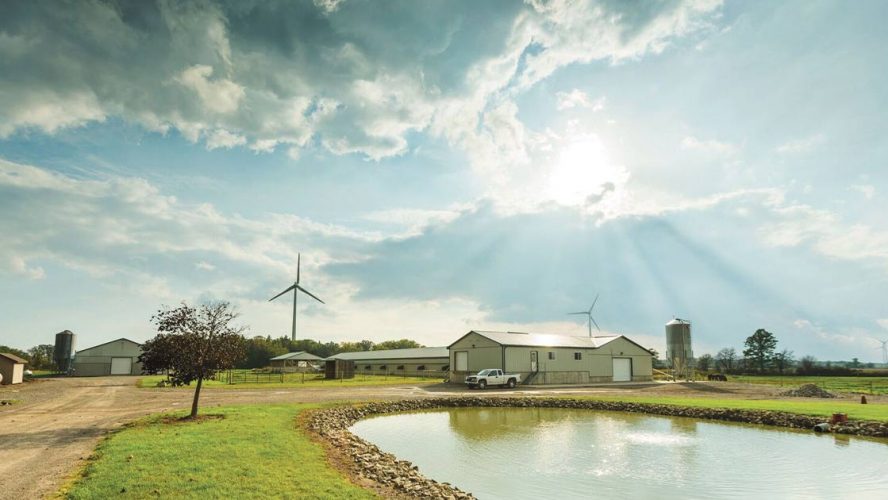New Report Signals Importance of Environmental Targets as Canada Aims For Agri-Food Leadership

Benchmarking environmental footprints of food production and supply is gaining traction across the global agri-food sector and presents Canada with the opportunity to better demonstrate its leadership in sustainable agri-food production, says a new report that examines agri-food industry practices, sector initiatives, food companies and government activities from Canada and abroad
The report, Agri-Food Sustainability Targets, contributes to a dialogue being undertaken by a diverse group of partners in this country to frame-up a new National Index on Agri-Food Performance, aimed at developing a set of indicators of performance and progress that could catalyze the country’s ambitious agri-food industry growth agenda, respond to changing food expectations and scrutiny and compete on a world stage in years to come.
“The report found that many food companies and their supply chains, and some producer organizations, are setting specific targets to responsibly source or supply ingredients, reduce GHG emissions and minimize waste, among other goals”
The report found that many food companies and their supply chains, and some producer organizations, are setting specific targets to responsibly source or supply ingredients, reduce GHG emissions and minimize waste, among other goals. It noted that producers are taking greater interest in appropriate outcomes-based measures, building on an impressive record of on-farm continuous improvement that has significantly enhanced ecosystem benefits and improved economic sustainability. As well, countries are declaring targets to respond to the U.N. Sustainable Development Goals and the Paris Accord for greenhouse gas emissions (and more targets are expected with new global biodiversity goals later in 2020). Canada’s competitors, such as the U.S. and the EU, and farm and food organizations abroad are declaring bold targets to improve their environmental performance.
Says David McInnes, who authored this report on behalf of a consortium of partners: “Expressing credible performance targets is clearly becoming a key tool here and worldwide to add economic value, compete and improve the environment”.
This paper did not assess the impact of COVID-19 on the food system but at a time when the resilience and environmental sustainability of the food supply is of increasing concern, the report declares that Canada ought to be a global leader in demonstrating its leadership on these matters. Thanks to innovation-adoption and global leading practices and confidence in the regulatory process, Canada’s food production system has one of the lowest environmental footprints anywhere. But the bar is rising here and abroad to back up these credentials and mark progress. A consolidated set of metrics is not readily available to show that Canada is among the most environmentally sustainable, safest and reliable global food leaders.
View the FULL REPORT












